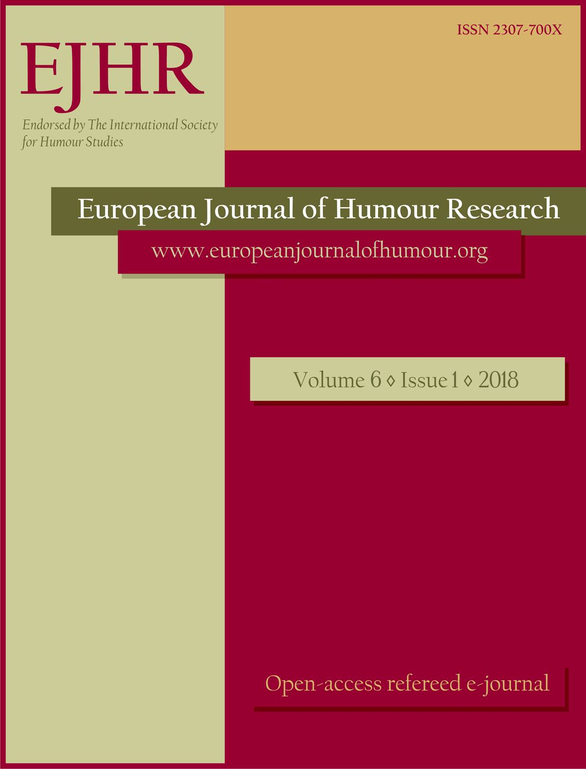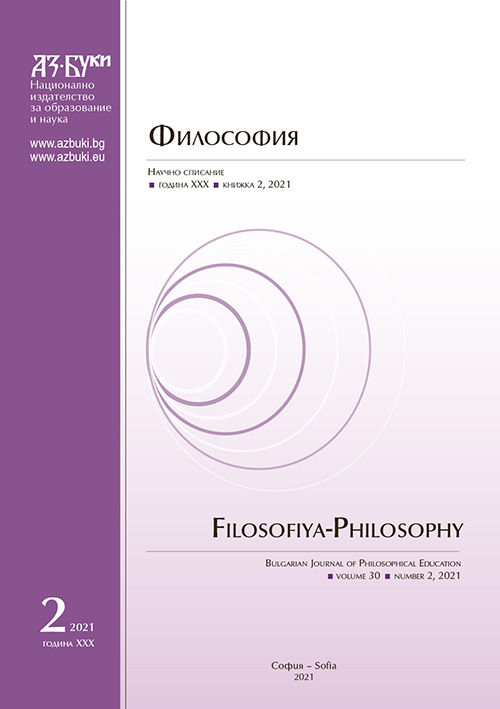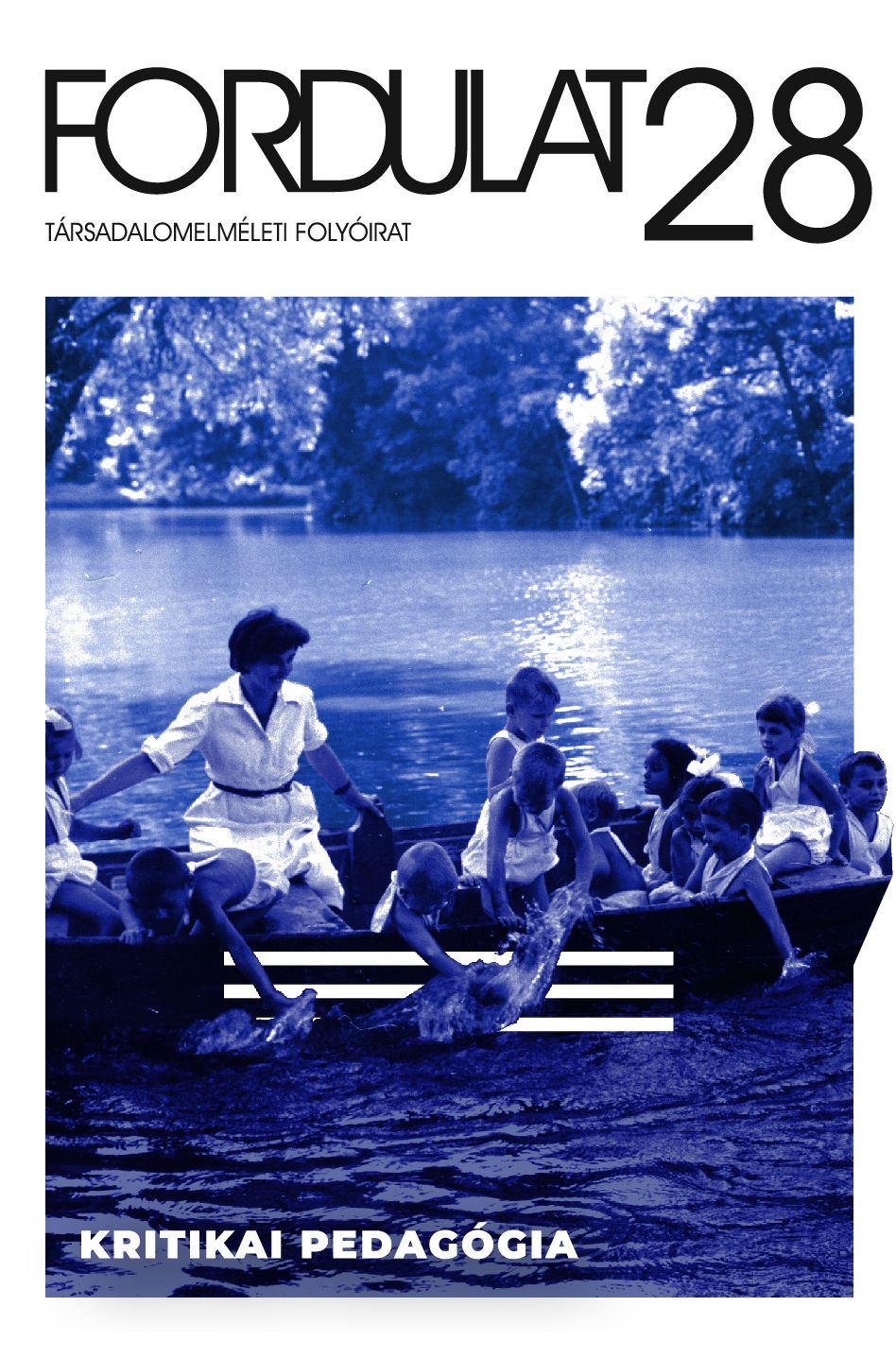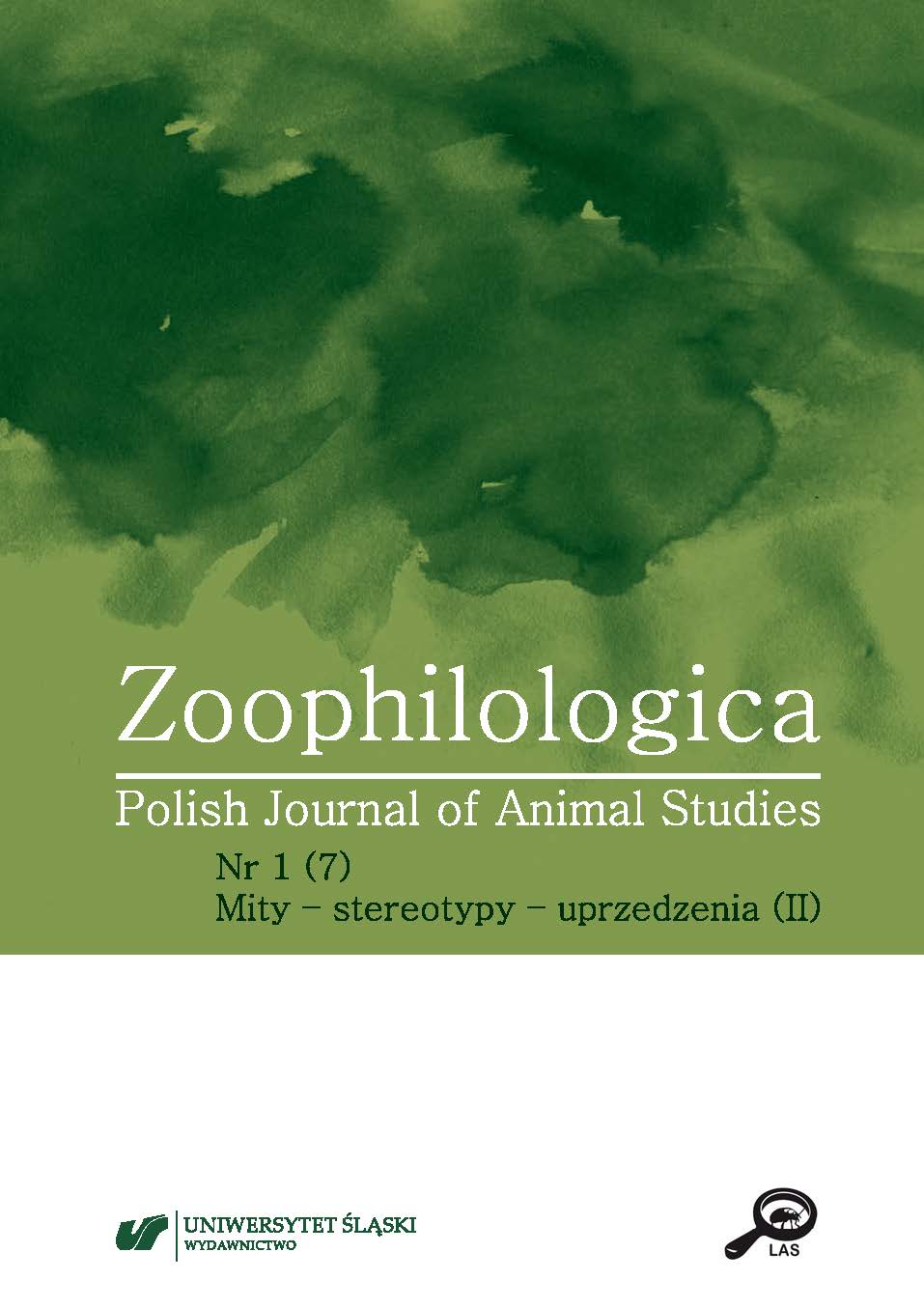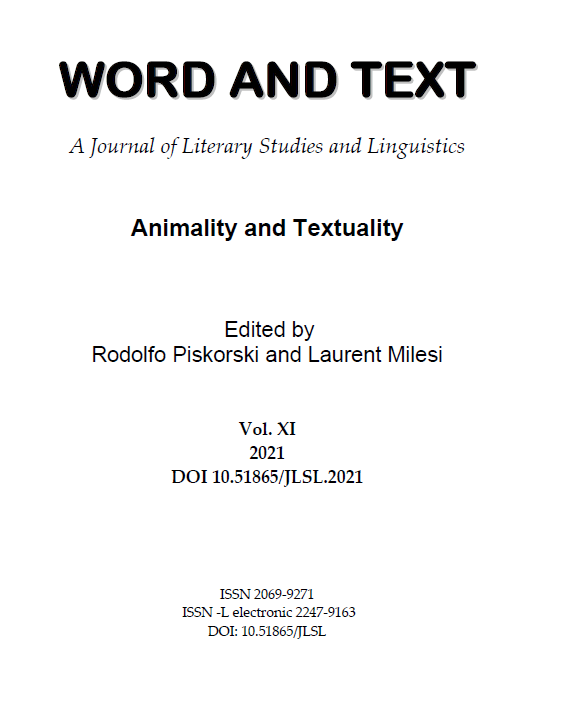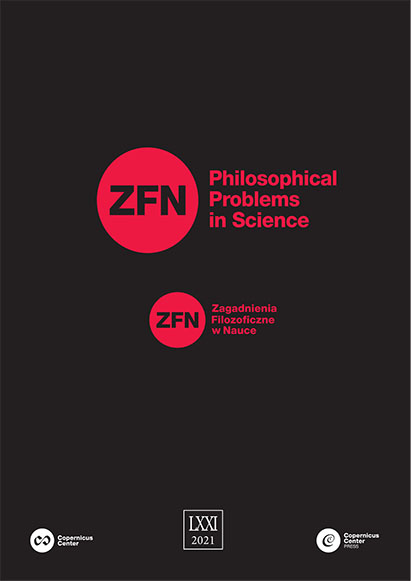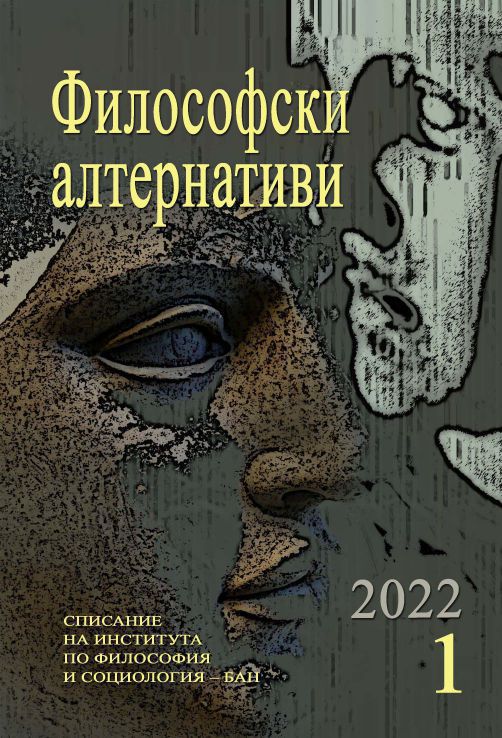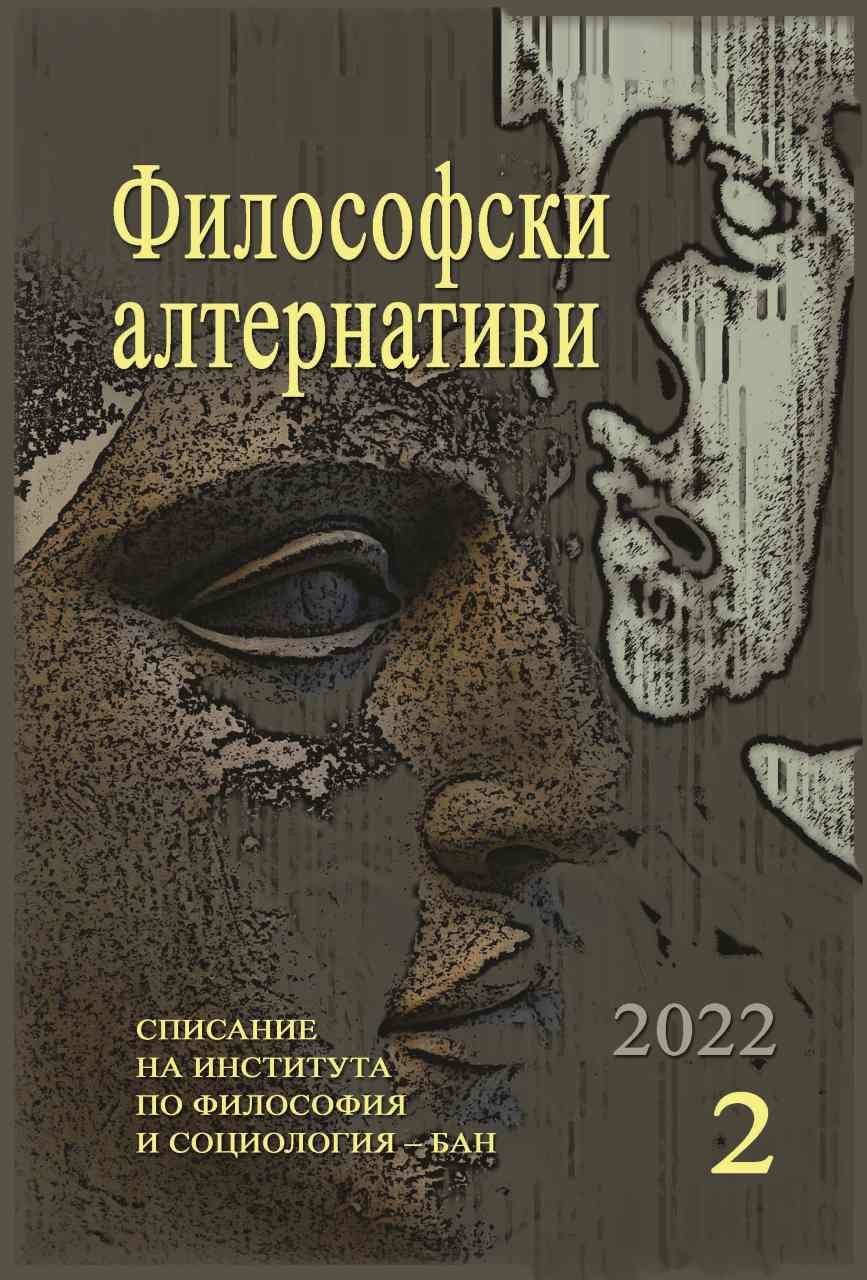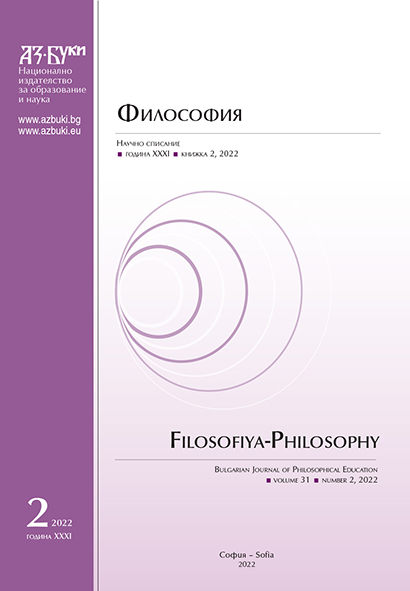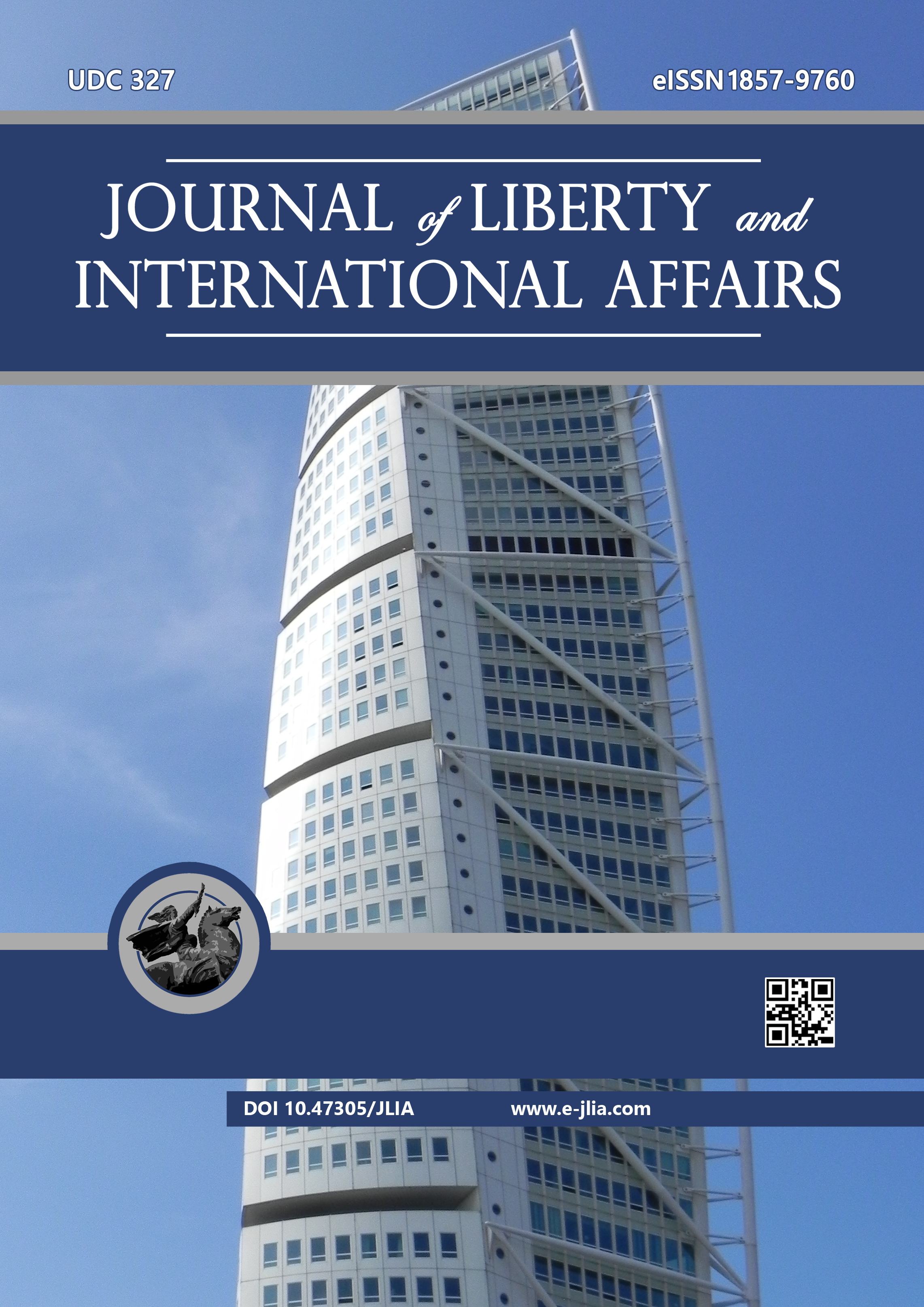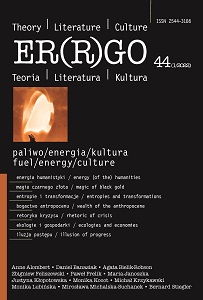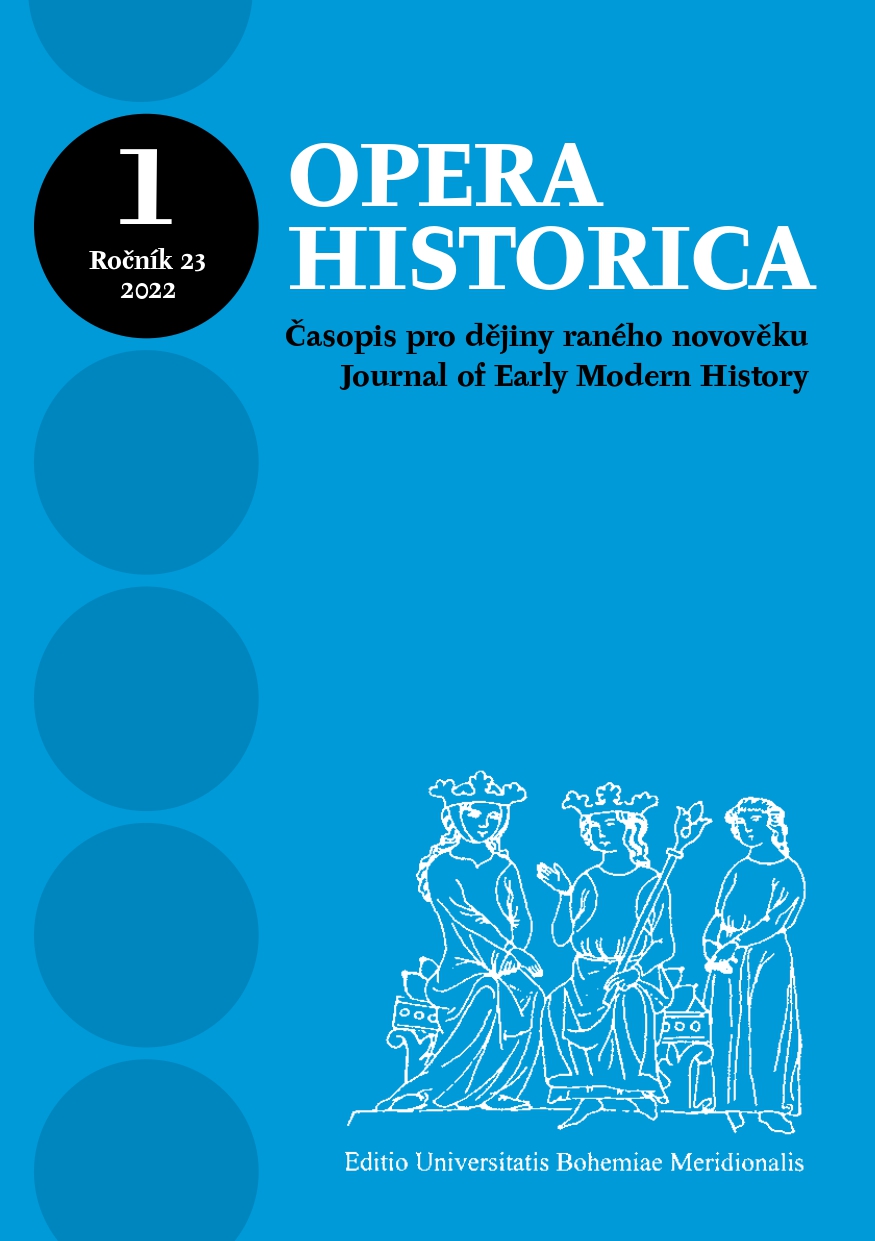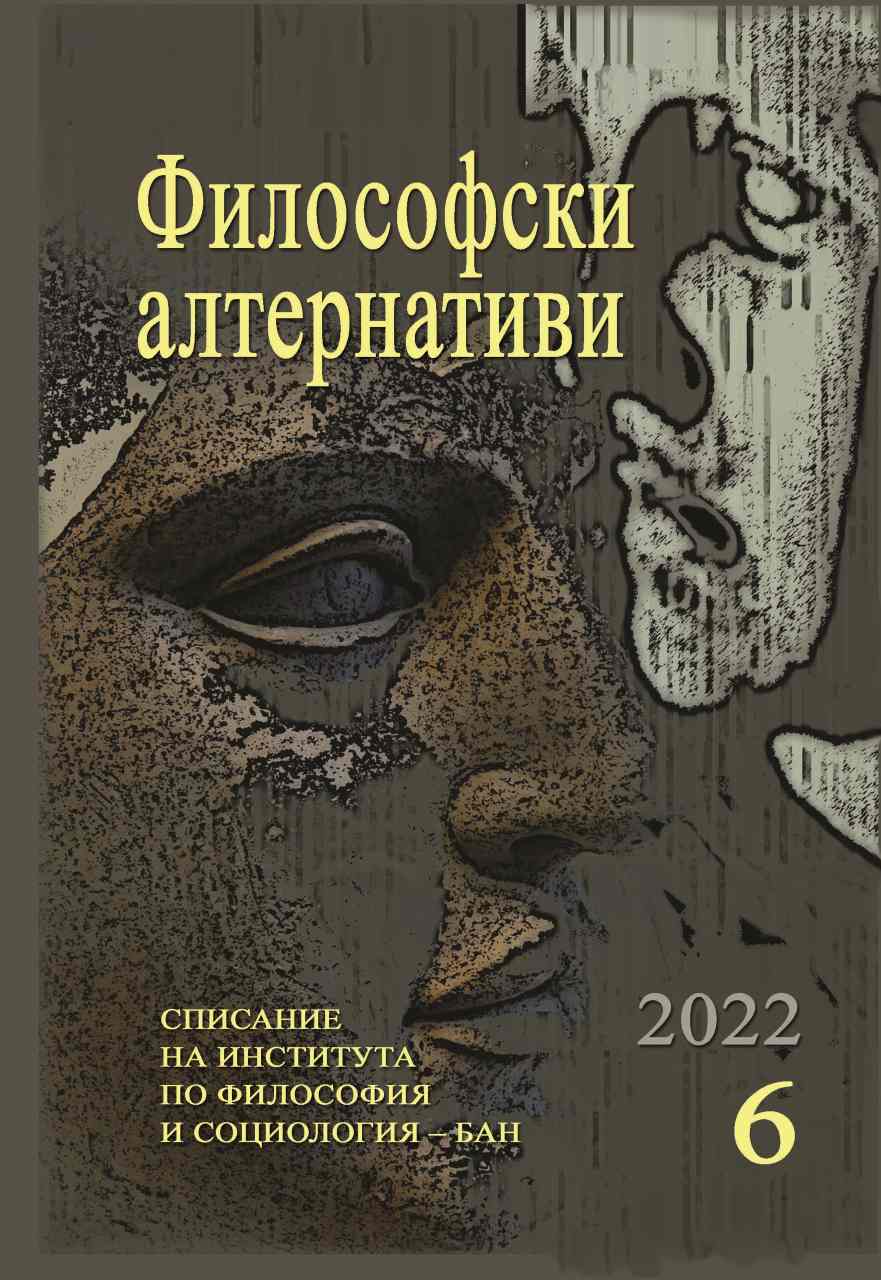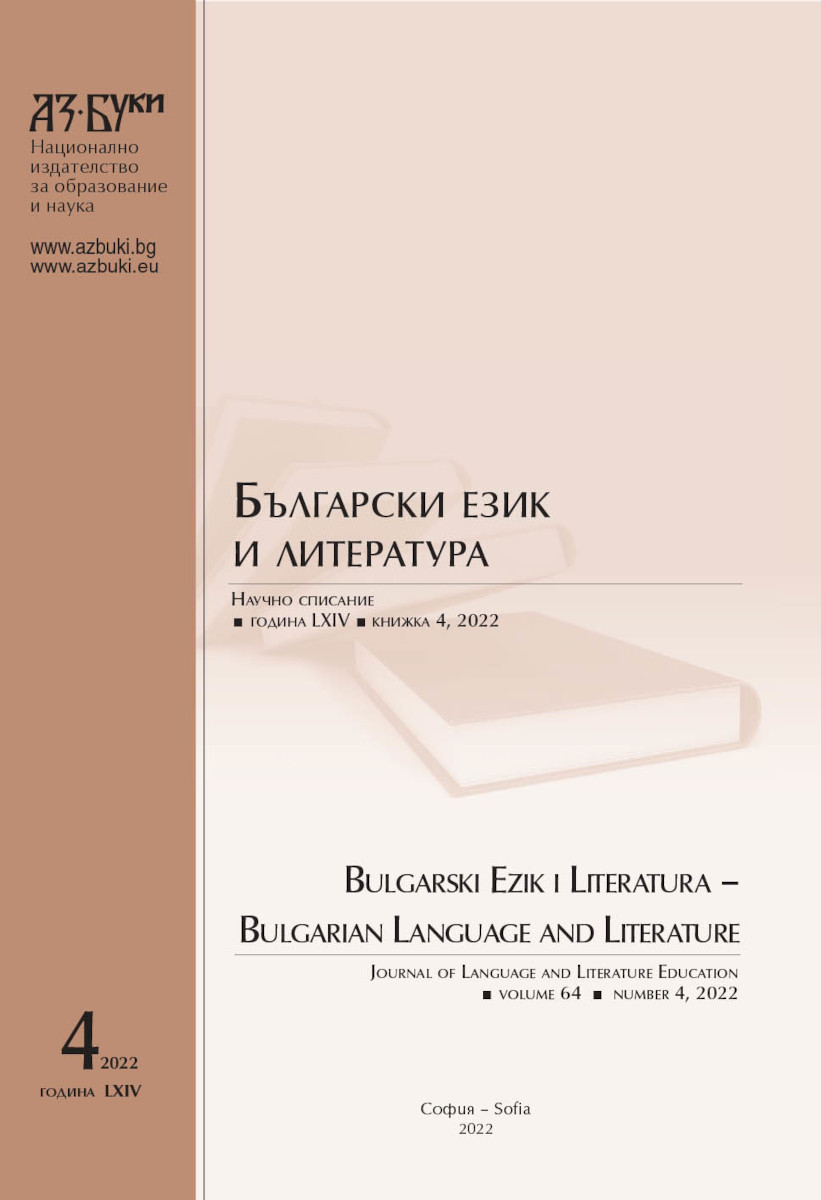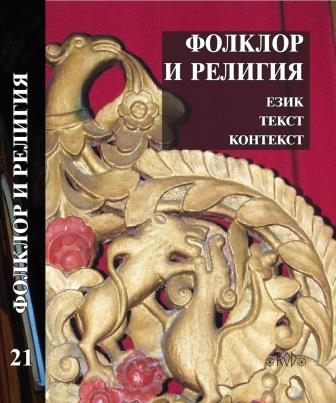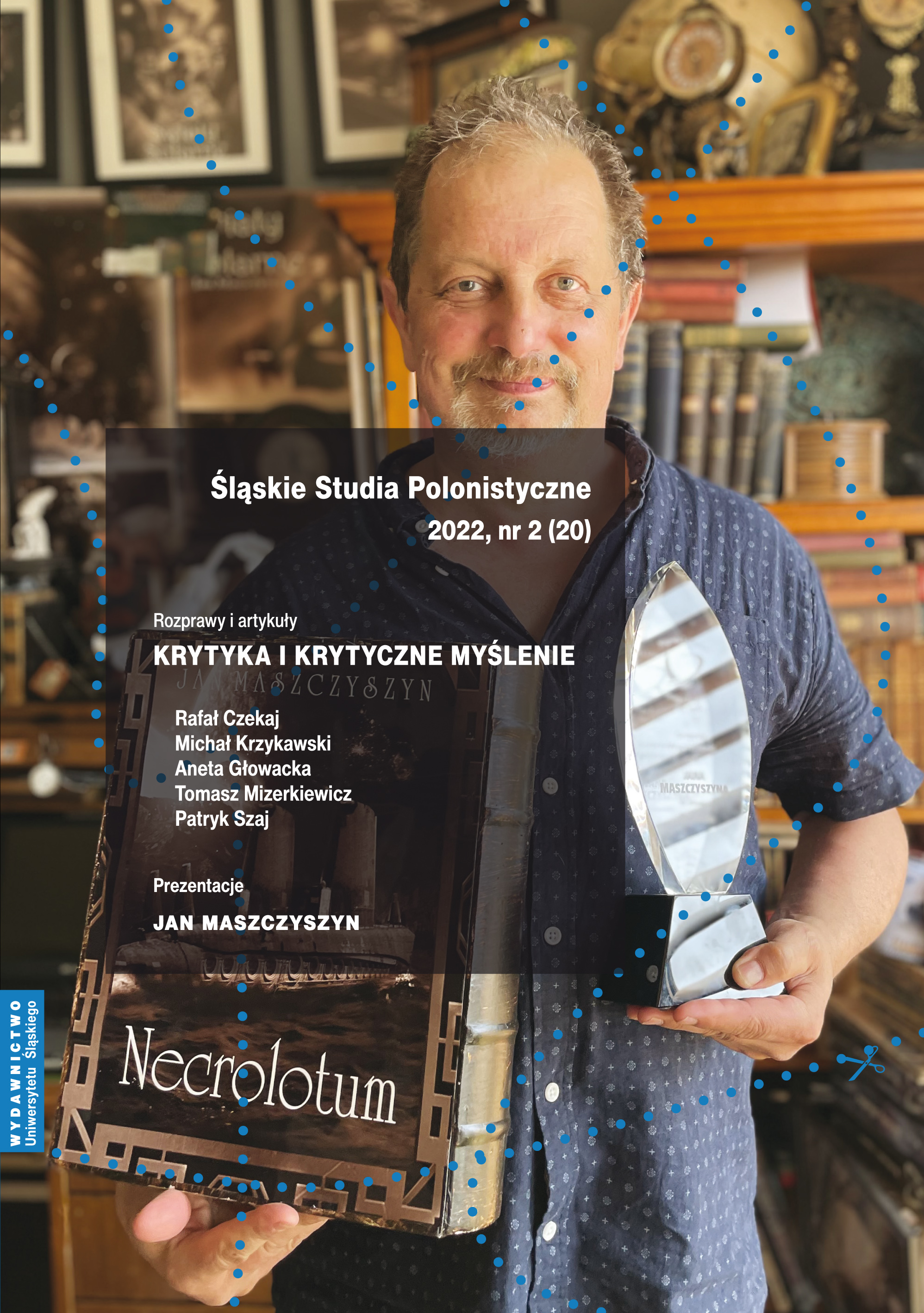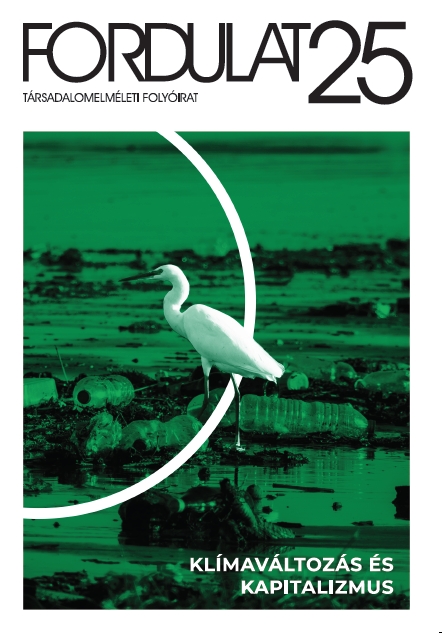
A kapitalocén – avagy mibe kerül az olcsó természet?
In the last decades the Capitalocene discourse was emerging in the Marxist ecological thinking. This approach offers a sociohistorical explanation to the current ecological crisis by questioning the historical narrative of the Anthropocene discourse. Authors of Capitalocene are arguing that climate change and ecological crisis was not caused by the collective and homogenous humanity (predetermined by the human nature). According them capitalism’s accumulative and expropriative socioeconomic relations are responsible for climate crisis.This paper analysis how Capitalocene-arguments are applying the Marxist critique of capitalism, especially the labour theory of value and its contemporary expansions and corrections in the understanding of the current ecological crisis. The first two subchapters are summarizing World-Ecology theory of Jason W. Moore, than I interpret the debate of Moore with the Metabolic Rift school (John Bellamy Foster, Paul Burkett, Andreas Malm and others), and finally I analyse the possible normative ecopolitics from the theoretical perspective of Capitalocene.In the last decades the so-called Capitalocene discourse was emerging in the Marxist ecological thinking. This approach offers a sociohistorical explanation of the current ecological crisis by questioning the historical narrative of the Anthropocene discourse. Authors of Capitalocene are arguing that climate change and ecological crisis were not caused by the collective and homogenous humanity (predetermined by the human nature) in general. According them capitalism’s accumulative and expropriative socioeconomic relations are responsible for climate crisis.This paper analysis how Capitalocene-arguments are applying the Marxist critique of capitalism, especially the labour theory of value and its contemporary expansions and corrections in the understanding of the current ecological crisis. The first two subsections are summarizing World-Ecology theory of Jason W. Moore, than the paper interprets the debate of Moore with the Metabolic Rift school (John Bellamy Foster, Paul Burkett, Andreas Malm and others), and finally it analyses the possible normative ecopolitics from the theoretical perspective of Capitalocene.
More...
